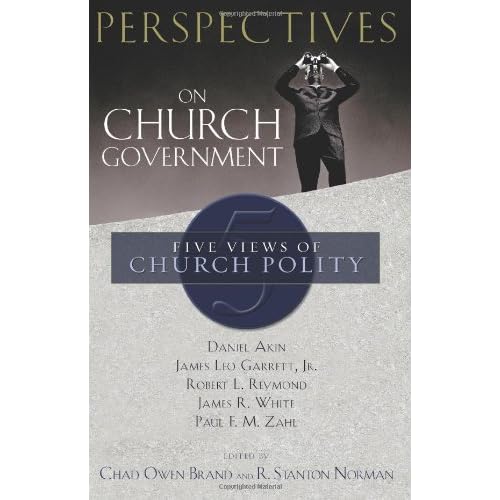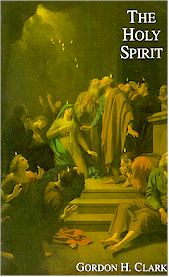
Definition: The consummation of human history.
Man’s purpose is eschatological. Adam pre fall was eschatological focused:
- Order of human history pre-fall, Creation, Justification, Dominion, Glorification.
- Order of human history post-fall Last Adam the first fruits and those that are His at His Coming. Eschatology predates Soteriology.
Personal eschatology
Death – The breath life ceases, the soul departs at death. 2 Cor 5:1-10,
Intermediate state – Believers are immediately in the presence of God
- Unbelievers are immediately judge in hades.
- Both await resurrection on the last day.
The different eschatological hermeneutics
Futurism
Preterism (correct)
Historicism
Idealism
Tribulation Past or Future
The tribulation in Christ’s generation Matt 24:34
The Day Lord happened AD 70 1 Thess 5:2, 2 Thess 2:2, 2 Peter 3:10
The Day of Christ did not. 1 Phillip 1:6,10
The different views of the Millennium
Amillennialism (correct)
Postmillennialism
Premillennialism
The Eschatology yet future
The Second Coming of Christ 1 Cor 15, Acts 1:11, 1 Thess 4:16
The Final Judgment (Judgment seat of Christ) John 5:29-30, Rev 20:6-12,
The General Resurrection John 5:29-30, Acts 17:31, Acts 24:15
The New Heavens and New Earth Rev 21
THE END












